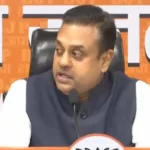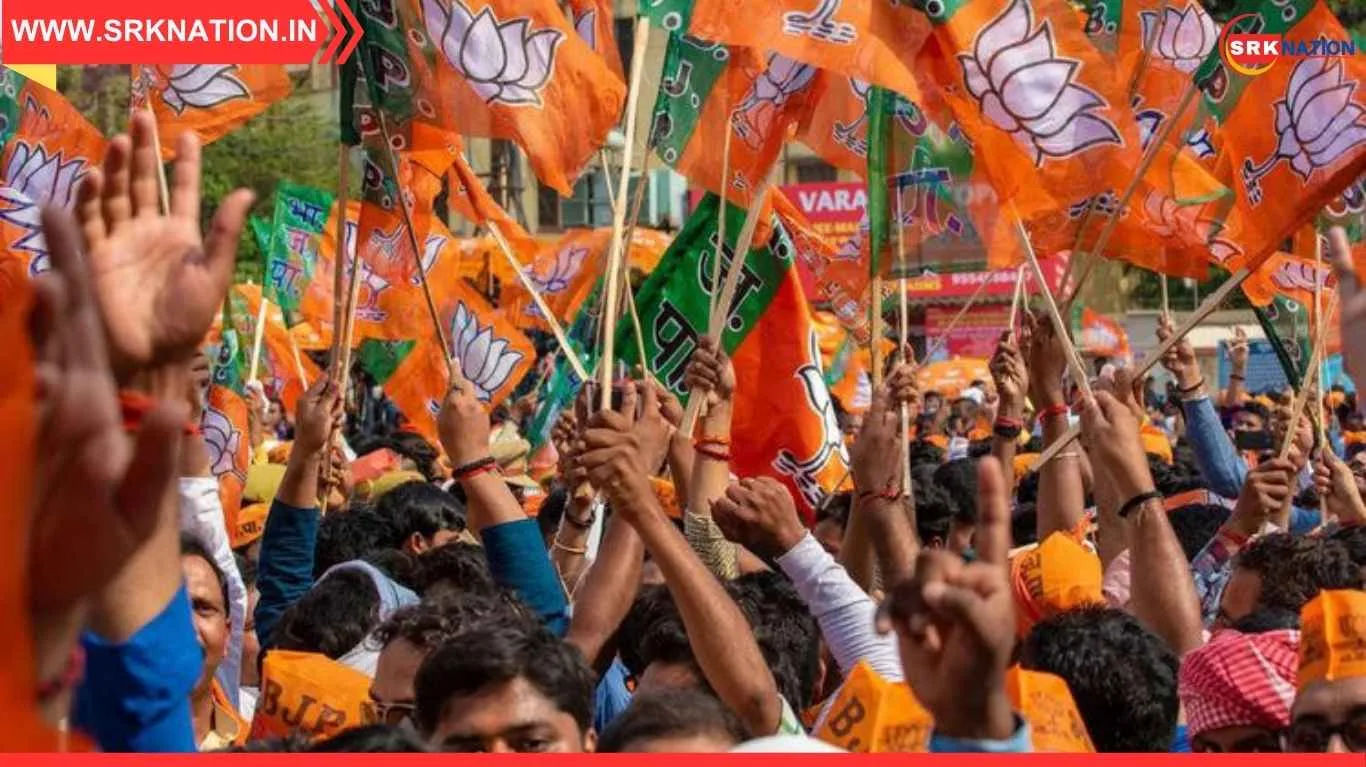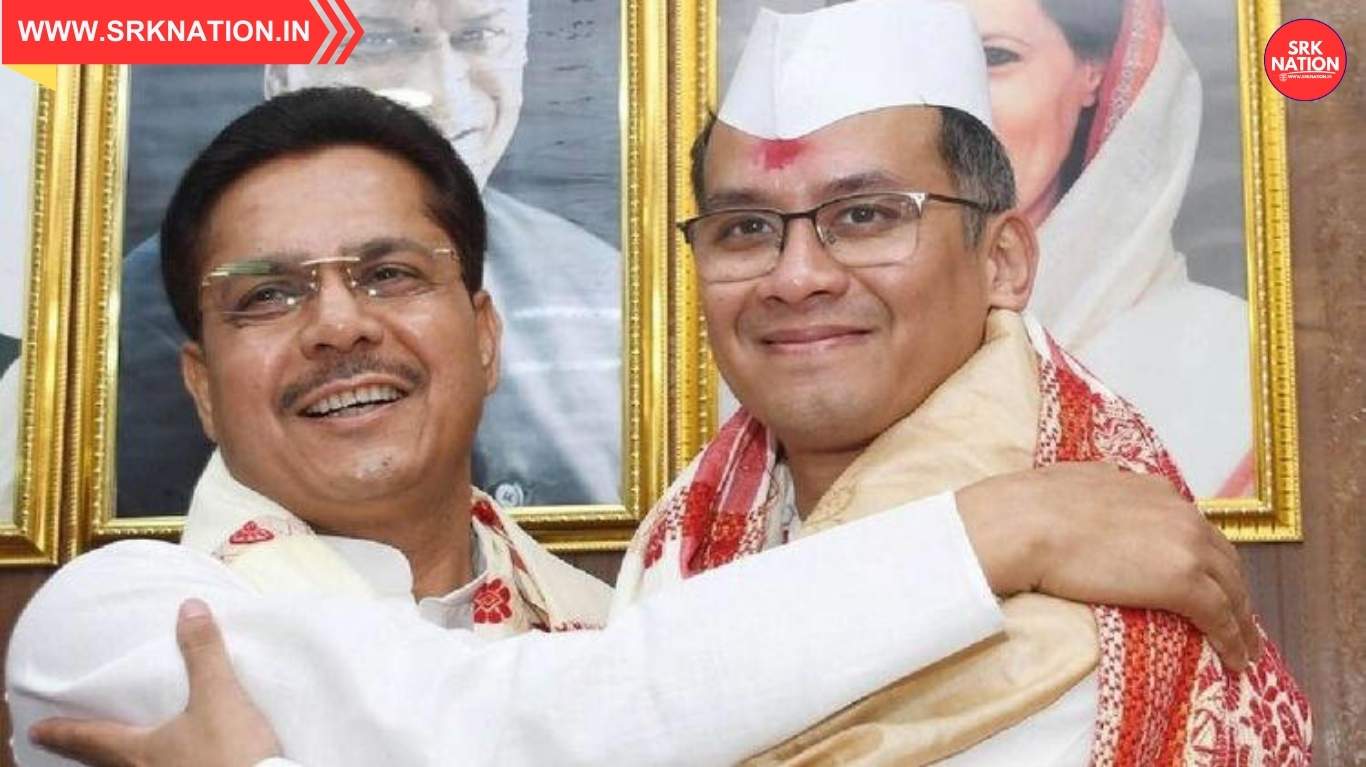The political atmosphere in Arunachal Pradesh has heated up as the Bharatiya Janata Party (BJP) released its full list of candidates for the upcoming Itanagar Municipal Corporation (IMC) elections, denying a ticket to the sitting Mayor. This decision has sparked widespread discussion among party cadres, political analysts, and the public, raising questions about internal dynamics, candidate selection strategies, and the future of local governance in the state capital.
The denial of a ticket to the sitting Mayor is being seen as a bold move by the BJP, signaling a shift in priorities and possibly an attempt to rejuvenate its candidate base. While the Mayor had expected renomination based on his tenure and visibility, the party’s choice to field new faces reflects its broader strategy of balancing performance with political calculations.
📊 Key Highlights
- Ticket Denial: Sitting Itanagar Mayor not included in BJP’s candidate list.
- Full List Released: BJP announces candidates for all IMC wards.
- Political Strategy: Party aims to balance fresh faces with experienced leaders.
- Public Reaction: Mixed responses from citizens and party workers.
- Future Outlook: Decision could reshape BJP’s local governance narrative in Arunachal Pradesh.
🔎 Background of IMC Elections
The Itanagar Municipal Corporation elections are crucial for local governance in Arunachal Pradesh.
- Mayor’s Role: The Mayor plays a pivotal role in urban planning, infrastructure, and civic administration.
- BJP’s Position: The party has been dominant in state politics and seeks to consolidate its influence at the municipal level.
- Candidate Selection: Ticket distribution is often influenced by performance, loyalty, and electoral calculations.
- Controversy: Denying the sitting Mayor a ticket has raised eyebrows and fueled speculation about internal party dynamics.
📉 Comparative Snapshot of Candidate Selection in IMC Elections
| Year | Party in Power | Sitting Mayor Renominated? | Outcome |
|---|---|---|---|
| 2013 | INC | Yes | Retained majority |
| 2018 | BJP | No | Won majority with new faces |
| 2020 | BJP | Yes | Consolidated control |
| 2025 | BJP | No | Full list released, speculation on impact |
🔄BJP’s Strategy vs Public Sentiment
| Factor | BJP’s Strategy | Public Sentiment |
|---|---|---|
| Candidate Renewal | Introduce fresh faces to strengthen grassroots | Mixed – some welcome change, others prefer continuity |
| Performance Review | Evaluate Mayor’s tenure critically | Citizens divided on Mayor’s achievements |
| Electoral Calculus | Focus on winnability and loyalty | Concerns about sidelining experienced leaders |
| Governance Impact | Aim for stronger municipal administration | Fear of instability due to leadership change |
🚀 Impact of the Decision
The denial of a ticket to the sitting Mayor has several implications:
- Party Dynamics: Signals BJP’s willingness to prioritize organizational strategy over individual positions.
- Public Perception: Could affect voter confidence depending on how new candidates are received.
- Opposition Strategy: Provides rival parties an opportunity to highlight BJP’s internal rifts.
- Governance Continuity: Raises questions about ongoing projects and civic administration under new leadership.
💬 Expert Commentary
Political observers have weighed in on the development:
- “BJP’s decision reflects its focus on rejuvenating leadership at the municipal level,” said a political analyst.
- “Denying the sitting Mayor a ticket could backfire if voters perceive it as unfair,” noted another commentator.
- “The IMC elections will serve as a litmus test for BJP’s candidate selection strategy,” added a senior journalist.
🌍 Broader Context
The IMC elections must be seen in the larger context of Arunachal Pradesh politics:
- State-Level Dominance: BJP has consolidated power in the state assembly.
- Local Governance: Municipal elections are critical for urban development in Itanagar.
- National Strategy: BJP often emphasizes fresh leadership to maintain momentum across states.
- Opposition Role: Congress and regional parties may exploit the controversy to gain ground.
📊 Public Sentiment Analysis
| Group | Reaction |
|---|---|
| BJP Cadres | Divided – some support fresh faces, others loyal to Mayor |
| Citizens | Concerned about continuity of civic projects |
| Opposition Parties | Highlight BJP’s internal divisions |
| Analysts | See decision as part of broader rejuvenation strategy |
📊 Key Issues in IMC Elections
| Issue | Description |
|---|---|
| Urban Development | Infrastructure, sanitation, and housing remain top priorities |
| Leadership Change | Denial of ticket to sitting Mayor raises governance questions |
| Party Strategy | BJP aims to balance loyalty with winnability |
| Voter Confidence | Public perception of candidate credibility crucial |
| Opposition Narrative | Rivals may exploit controversy to challenge BJP |
📝 Conclusion
The denial of a BJP ticket to the sitting Itanagar Mayor for the IMC elections has set the stage for a high-stakes political contest in Arunachal Pradesh. By releasing a full list of candidates, the BJP has signaled its intent to rejuvenate leadership and strengthen grassroots connections.
While the move reflects strategic calculations, it also carries risks, particularly in terms of public perception and governance continuity. For voters, the elections will be a test of whether fresh faces can deliver on promises of urban development. For the BJP, the outcome will determine the success of its candidate selection strategy and its ability to maintain dominance in Arunachal Pradesh politics.
⚠️ Disclaimer
This article is for informational purposes only and is based on publicly available political updates. It does not constitute political endorsement or criticism. Readers are encouraged to follow official party communications and trusted news outlets for the latest updates.











